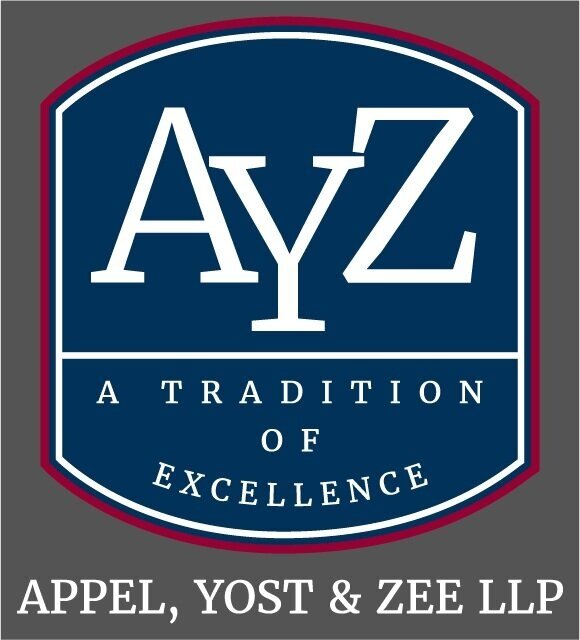No More Non-Competes Under New FTC Rule
By Michael W. Lewis & Alexa K. Potts
April 25, 2024
On April 23, 2024, the Federal Trade Commission (the “FTC”) issued its Non-Compete Clause Rule (the “Rule”) which bans most non-compete clauses. The Rule comprehensively addresses treatment of non-compete clauses for different workers and seeks to address conduct that causes unfair competition. The Rule is the product of empirical research on how non-competes affect competition, as well as over 26,000 public comments since the Rule was proposed on January 19, 2023.
The FTC defines a non-compete clause as a term or condition, often found in an employment contract, that prohibits, penalizes, or functionally prevents a worker from getting a different job or starting a business after leaving their employment.
The Rule applies to non-compete clauses with all workers, whether full-time or part-time, including employees, independent contractors, interns, externs, volunteers, and apprentices. The Rule covers all types of businesses within the FTC’s jurisdiction. Those outside the FTC’s jurisdiction, including banks, savings and loan institutions, federal credit unions, common carriers, air carriers, and certain non-profits, are not subject to the Rule.
The Rule provides that it is an unfair method of competition for employers to enter into non-compete clauses with workers on or after the final rule’s effective date, which will be 120 days after the date of the Rule’s publication in the Federal Register.
With respect to existing non-competes – those entered into before the Rule’s effective date – the Commission provides a different approach for senior executives than for other workers. The Rule permits existing non-competes to remain in force for senior executives, who are defined by the Rule as workers earning more than $151,164 who are in a policy-making position, such as the president, CEO, or another individual who has the capacity and responsibility to make policy decisions for the entire company. For those who are not senior executives, existing non-competes are no longer enforceable after the Rule’s effective date. As such, employers will need to provide those workers with notice by the effective date of the Rule that their non-compete clause is no longer binding, which can be hand delivered, mailed, emailed, or texted. To ensure compliance, the Rule includes model language to satisfy the notice requirement.
There are also three exceptions to the application of the Rule, as the Rule does not apply to (1) non-competes entered into by a person pursuant to a bona fide sale of a business entity, (2) a lawsuit pertaining to the non-compete clause which was filed before the effective date, or (3) where a person makes representations about a non-compete clause with a good-faith basis to believe that the Rule is inapplicable.
As a result of this Rule, the FTC estimates that banning non-competes will provide for more innovation, more startups, higher earning potential, and reduced health care costs. Specifically, the FTC forecasts between 17,000 – 29,000 new patents and 8,500 new businesses each year, as well as over $70 billion in reduced spending on physician services and $400 billion in increased wages for workers over the next decade.
As the Rule is subject to a 120-day waiting period after publication in the Federal Register, employers need not take any immediate action in response to the Rule. However, employers may consider identifying existing non-competes in anticipation of the Rule’s effective date.
Should you have any questions about the Non-Compete Clause Rule, please do not hesitate to contact any of the Appel, Yost & Zee Employment and Labor Law Attorneys.
